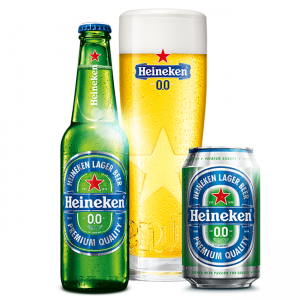Fine i'll leave it at that after this post because looks like there's not going to be any proper answers to the inconsistency. Which has been my question from the beginning. All the fatwas from askimam I've shown are completely relevant:
1. A fatwa saying Brundaberg brewed alcoholic beverages drinks containing upto 0.5% alcohol are Halal in essence. The process of making them is basically the same as all non-alcoholic beers. So how is this fatwa not relevant?
2. A fatwa saying that you can pour an intoxicating drink like Champagne in your cooking as long as you don't put enough to intoxicate yourself. The limit is decided based on each person's strength not to get intoxicated. So that would mean quite a few glasses of Champagne, hundreds of times more alcohol than what's in these non-alcoholic beers!
3. A fatwa saying that all intoxicating drinks not from grapes or dates is Halal as long as the person doesn't drink enough to get drunk. The questioner was asking whether the first cup of an intoxicating drink was Halal. Only grapes and dates were excluded
I'm not saying that these fatwas are wrong. I only quoted Abu Hanifah ruling before to show you that the fatwas above are completely in line with his ruling.
Looking at these fatwas and theres many others from other scholars, to complain and whine about these non-alcoholic beers based on the alcohol content is a tad inconsistent don't you think?





 listed them in the following order:
listed them in the following order:

